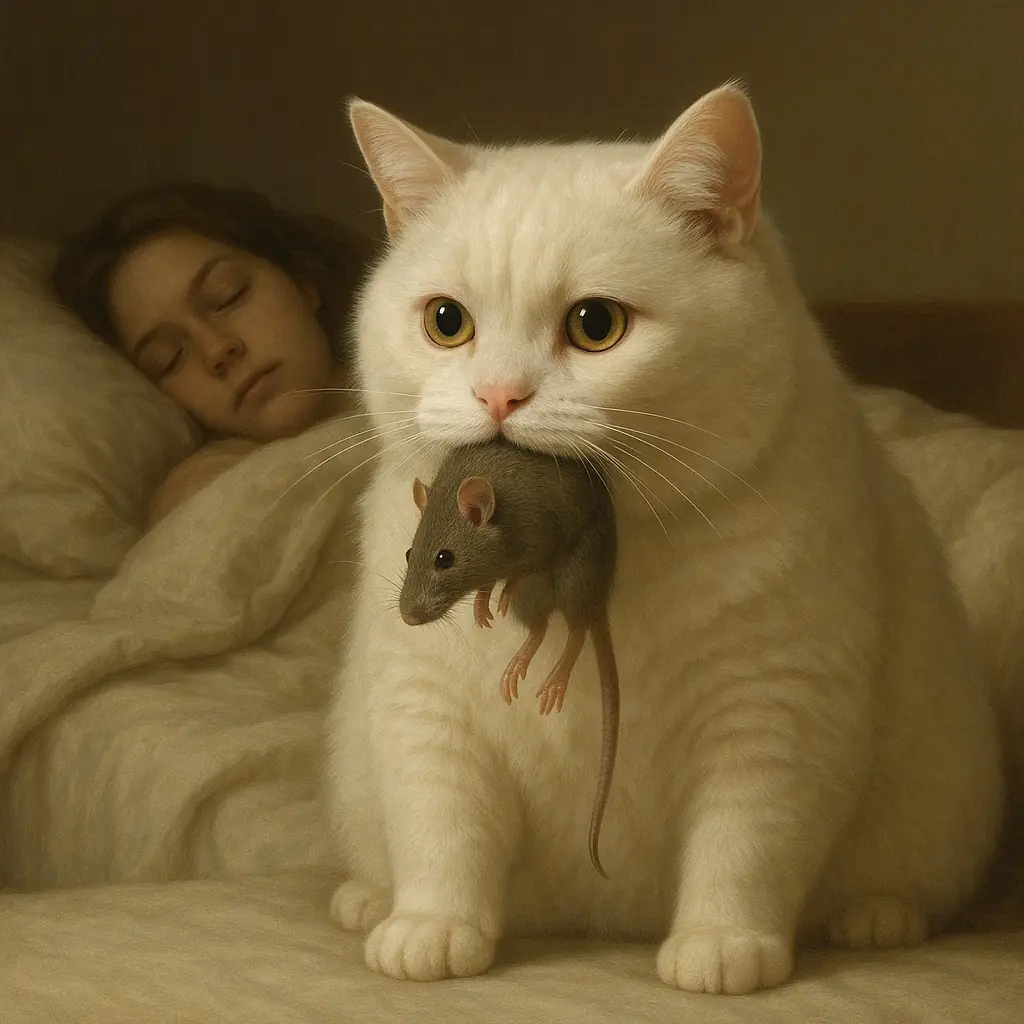
Staying at Home with Your Children is Harder Than Going to Work
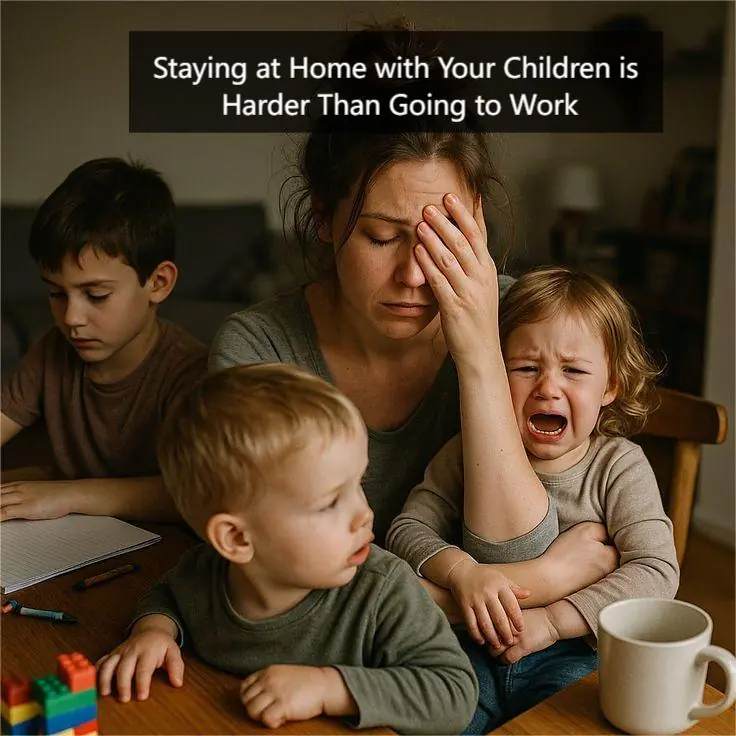
Staying home to raise children has often been described as a "luxury" or even a break from the grind of a 9-to-5 job. But is it really easier than working outside the home? According to research and the lived experiences of millions of parents, the answer is far more complex — and often surprising.
📊 The Hidden Struggles of Stay-at-Home Parenting
A recent study by AVEENO Baby revealed that 31% of new parents believe staying home with kids is harder than returning to work. While outsiders may romanticize the idea of spending days at home, parents themselves paint a more challenging picture.
The same survey highlighted:
-
22% of parents said they never finish a cup of tea again.
-
33% said most meals are eaten one-handed.
-
17% reported chronic back pain.
-
Only 48% said starting a family is a “perfect” experience.
These numbers shed light on the often invisible physical and emotional labor involved in full-time caregiving.
📉 Pew Research: The Economic and Social Realities of Stay-at-Home Moms
According to data from the Pew Research Center, the number of mothers staying home has risen over the past decade, but their circumstances vary widely:
-
More Moms Are Staying Home
-
The proportion of stay-at-home mothers has increased, reflecting both cultural shifts and economic realities.
-
-
Higher Rates of Poverty
-
34% of stay-at-home moms live in poverty, compared to 12% of working moms.
-
These moms are more likely to be non-white or immigrants.
-
-
Poverty Has Doubled Since 1970
-
Even when their partners work, stay-at-home moms are generally less financially secure than dual-income households.
-
-
Choice vs. Necessity
-
Married mothers often cite caregiving as the primary reason for staying home.
-
Single and cohabiting moms are more likely to report health issues, unemployment, or educational commitments as reasons.
-
💬 Emotional Toll: The Side of Parenting We Don’t Always See
Mental health data reveals that stay-at-home parents experience higher levels of sadness, stress, and anger compared to their working peers. A Gallup poll of 60,000 women found:
-
42% of stay-at-home moms felt like they were "struggling," versus 36% of working moms.
-
Only 81% of stay-at-home moms said they smiled or laughed the day before — compared to 86% of working moms.
-
50% reported feeling stressed, and 26% felt sad the previous day.
These findings suggest that the isolation and repetition of caregiving can take a significant emotional toll, even though society often undervalues this form of labor.
🔁 Many Stay-at-Home Moms Consider Returning to Work
According to research by Reach Advisors, 57% of stay-at-home moms think about going back to work. Whether due to financial pressure, personal identity, or simply needing adult interaction, many mothers are not at peace with the idea of staying home long-term — even if they value the time spent with their children.
🧠 A Balancing Act Without a Simple Answer
Despite all this, public opinion remains mixed. Around 60% of Americans believe a child is better off with one parent at home, while only 35% think both parents working is just as beneficial.
The reality is this: no one-size-fits-all approach exists for parenting. Some thrive in full-time parenting roles, while others need the stimulation, structure, or income that comes with outside employment. The true challenge lies in society’s assumptions — the idea that one choice is inherently more admirable or easier than the other.
💬 Final Thought
So, is staying at home with kids easier than going to work?
The data suggests no. While the work is different in nature — emotionally driven, physically exhausting, and often thankless — it's no less demanding. And for many, it's even more difficult because it's underappreciated.
In the end, the best choice is the one that supports the wellbeing of both parent and child. Because whether in the office or at home, parenting is work — and it deserves recognition.
News in the same category


Point Nemo: The Most Remote Place on Earth—Closer to Space Than Humanity

This is why you should keep the bathroom light on when sleeping in a hotel
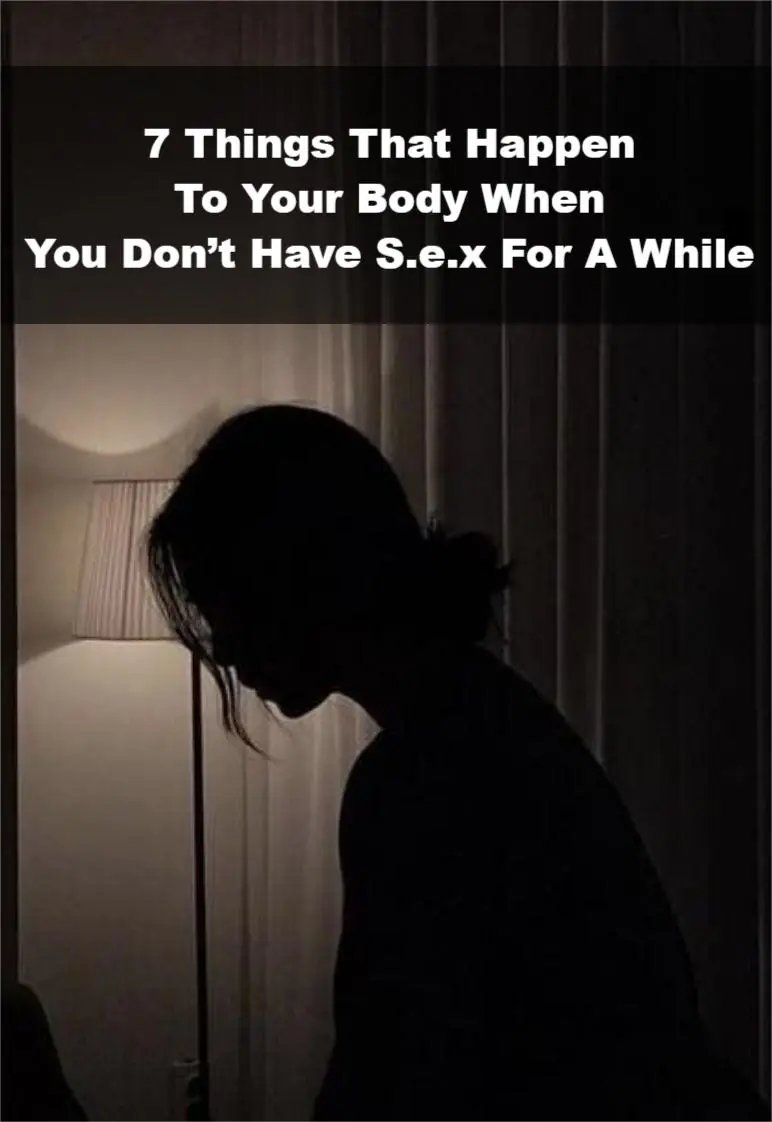
7 Things That Happen To Your Body When You Don’t Have Sex For A While

The story behind the tiny pocket on your jeans
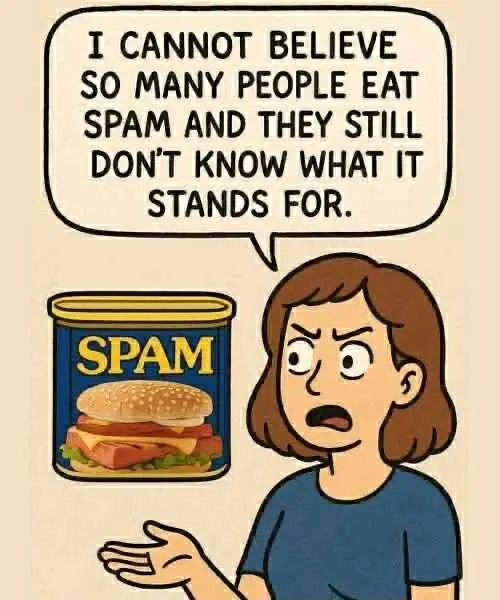
What’s SPAM, really — and what goes into it?
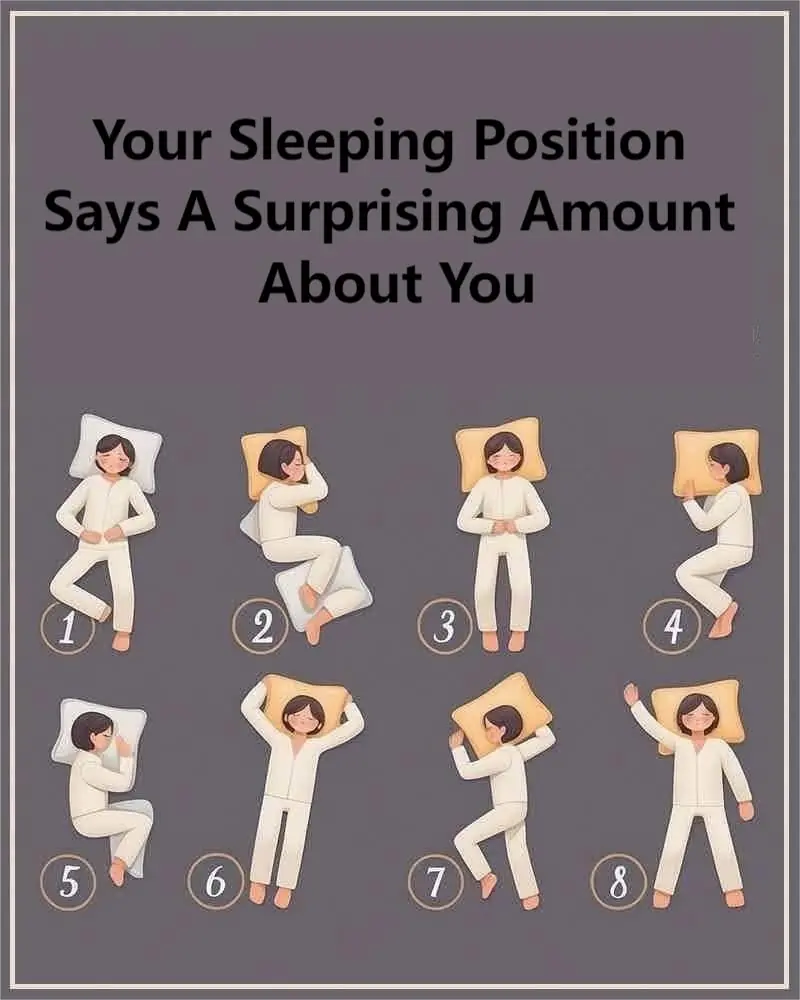
💤 Your Sleeping Position Says A Surprising Amount About You

💕 15 Things Women Only Do With the Men They Truly Love

Brain Teaser: Can you identify the error in this family’s dining room photo in under 15 seconds?

🧬 A Giant Leap in Dinosaur Science: Preserved T. rex Cells Discovered! 🦖✨

Woman issues terrifying warning after finding a stroller abandoned on the side of the road

15 things a woman should never tell a man

Who Would You Give Your Seat to on the Bus? Your Answer Reveals Personality Insights

Can You Spot the 6 Hidden Words in This Living Room Image?
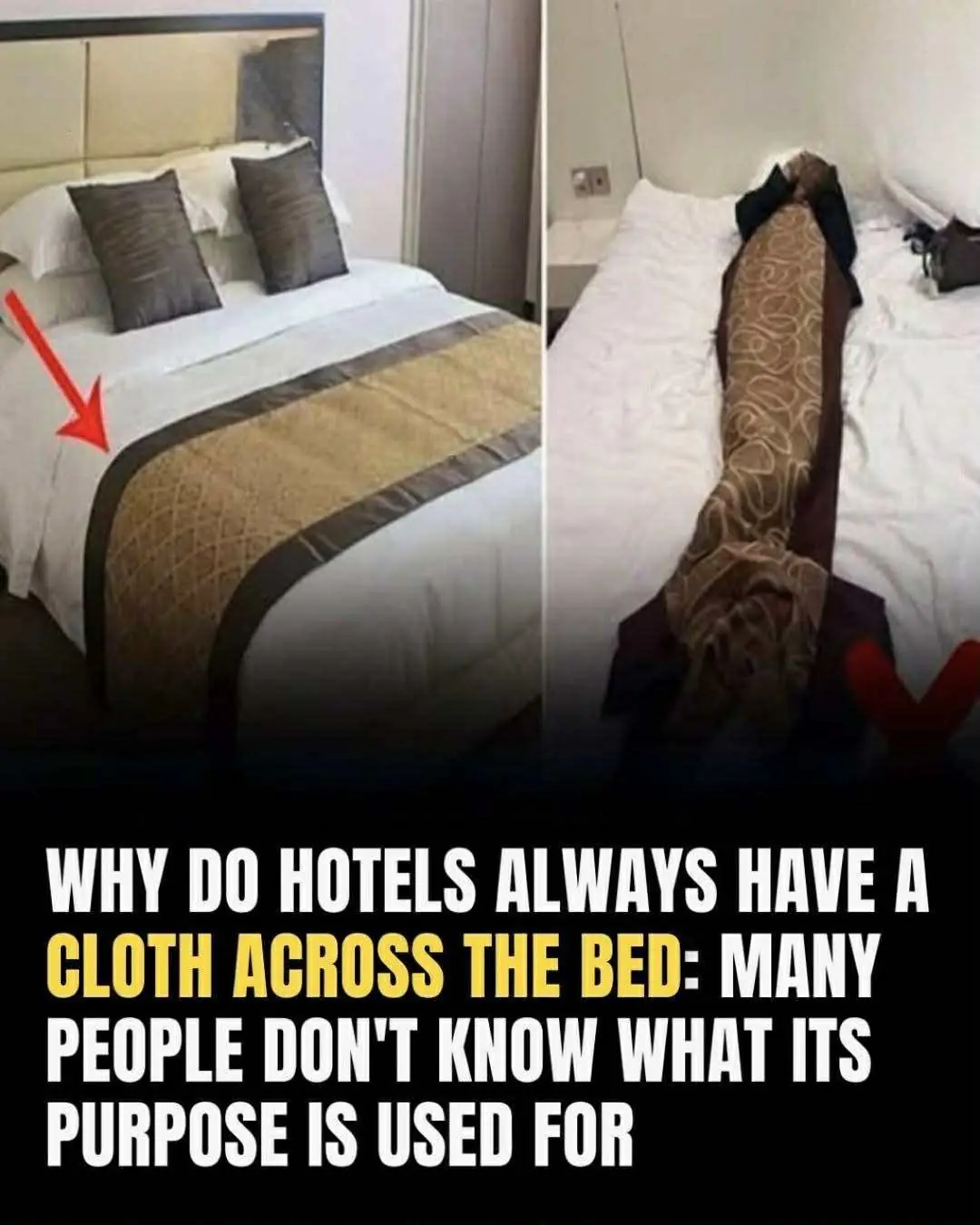
What’s the purpose of the fabric strip across hotel beds?

The Astonishing Life Cycle of Bamboo: A Once-in-a-Lifetime Botanical Spectacle

The Truth About Rhino Horns: What They're Really Made Of
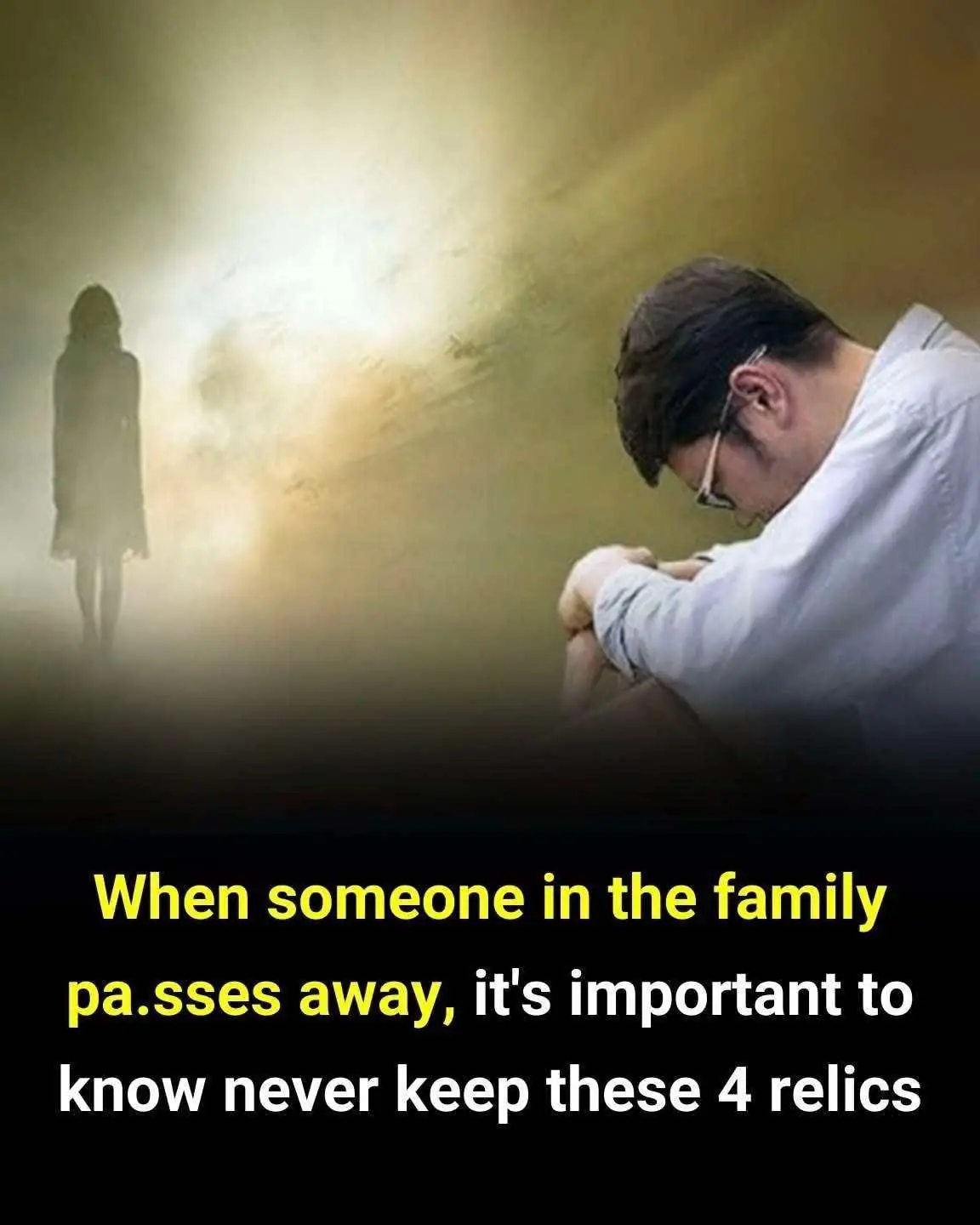
Never keep these 4 relics after losing a loved one

A Touch of Viking Brilliance: Moss-Carpeted Homes in Norway
News Post

Pear and Pomegranate Spinach Salad with Maple-Lemon Mustard Dressing

Creamy Spinach Gnocchi (20-Minute, One-Pan Meal)

Lemon Chicken Orzo Soup

🐱 What Does It Mean When Your Cat Shows You a Mouse?

🍪 Cookies & Cream Swiss Roll Cake

🍪 No-Bake Biscuit Cheesecake Bars

🍓 Strawberry Drip Cake Recipe

🍫 Ultimate Chocolate Milkshake Recipe
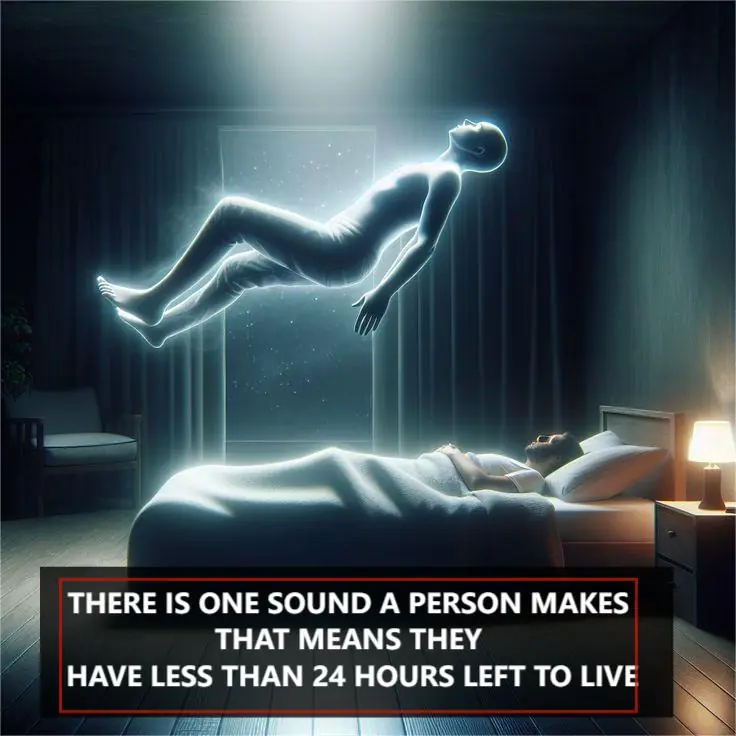
Experts Are Shedding Light on the ‘Death Rattle’ Phenomenon Before Passing
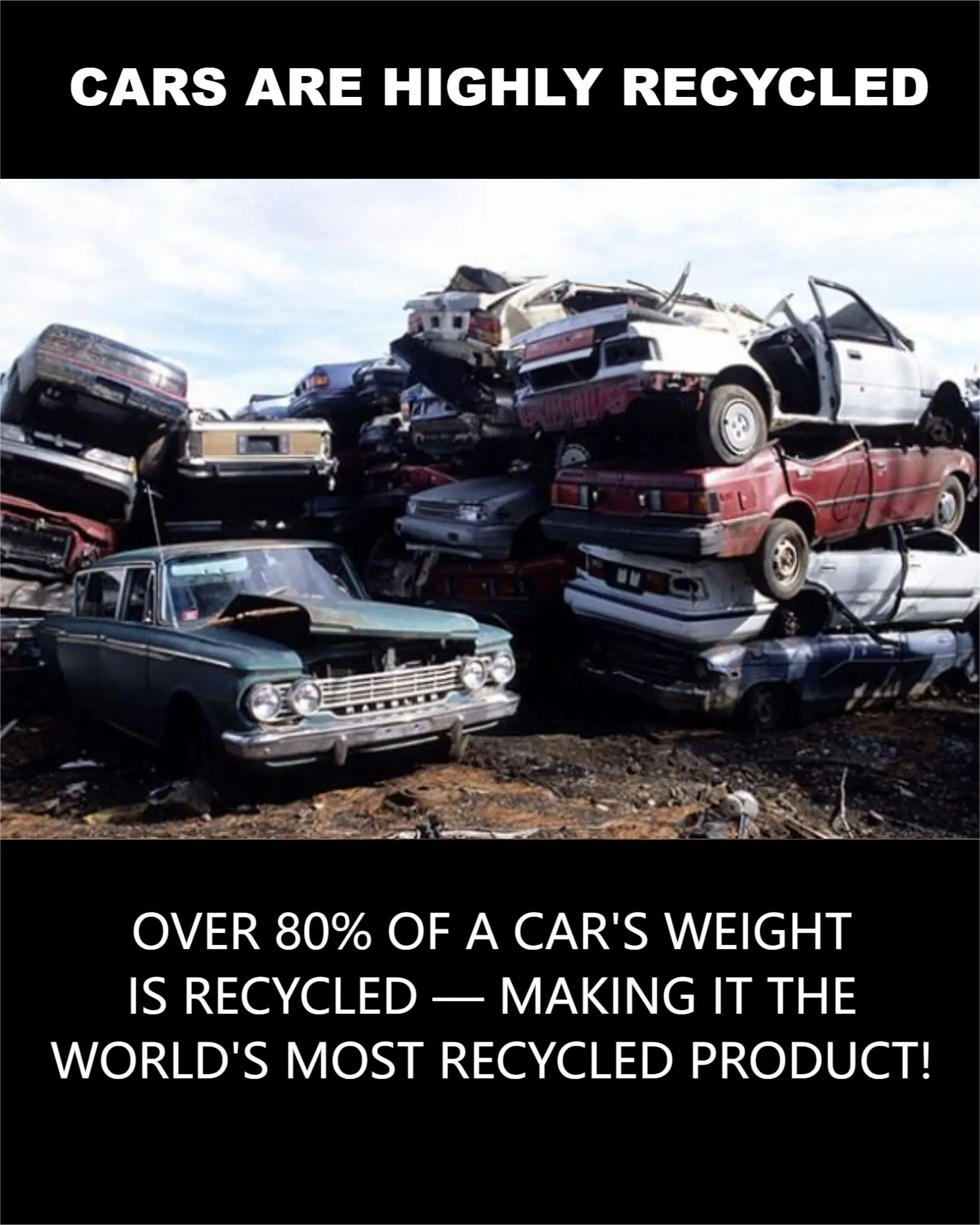
Junk Cars, Green Future: How Automobiles Became the World’s Most Recycled Consumer Product

France’s Living Streetlights: A Glowing Experiment in Sustainable Urban Lighting

Italy’s Quiet Rubber Roads: A Sustainable Shift Toward Noise-Free, Eco-Friendly Infrastructure

Japan’s Harmony Trains: Blending Innovation and Compassion to Protect Wildlife

12 Warning Signs Your Blood Sugar Might Be Too Low
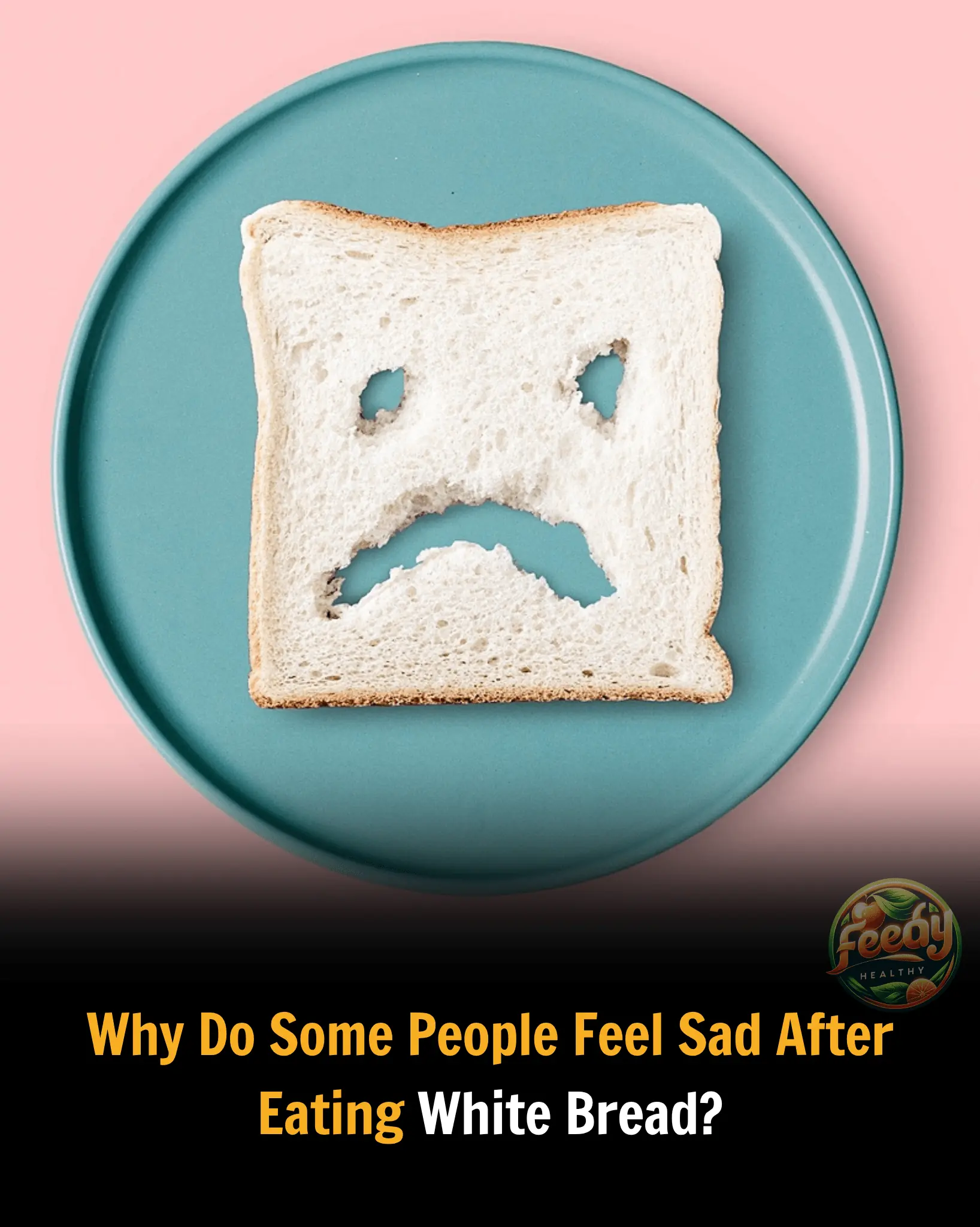
Why Do Some People Feel Sad After Eating White Bread?

Discover the Powers of Moringa: Traditional Recipes and Health Benefits

Benefits of Clove Tea: How to Transform Your Health One Cup at a Time

Benefits of Radishes, Ginger, and Honey for Thyroid and Gallbladder Health
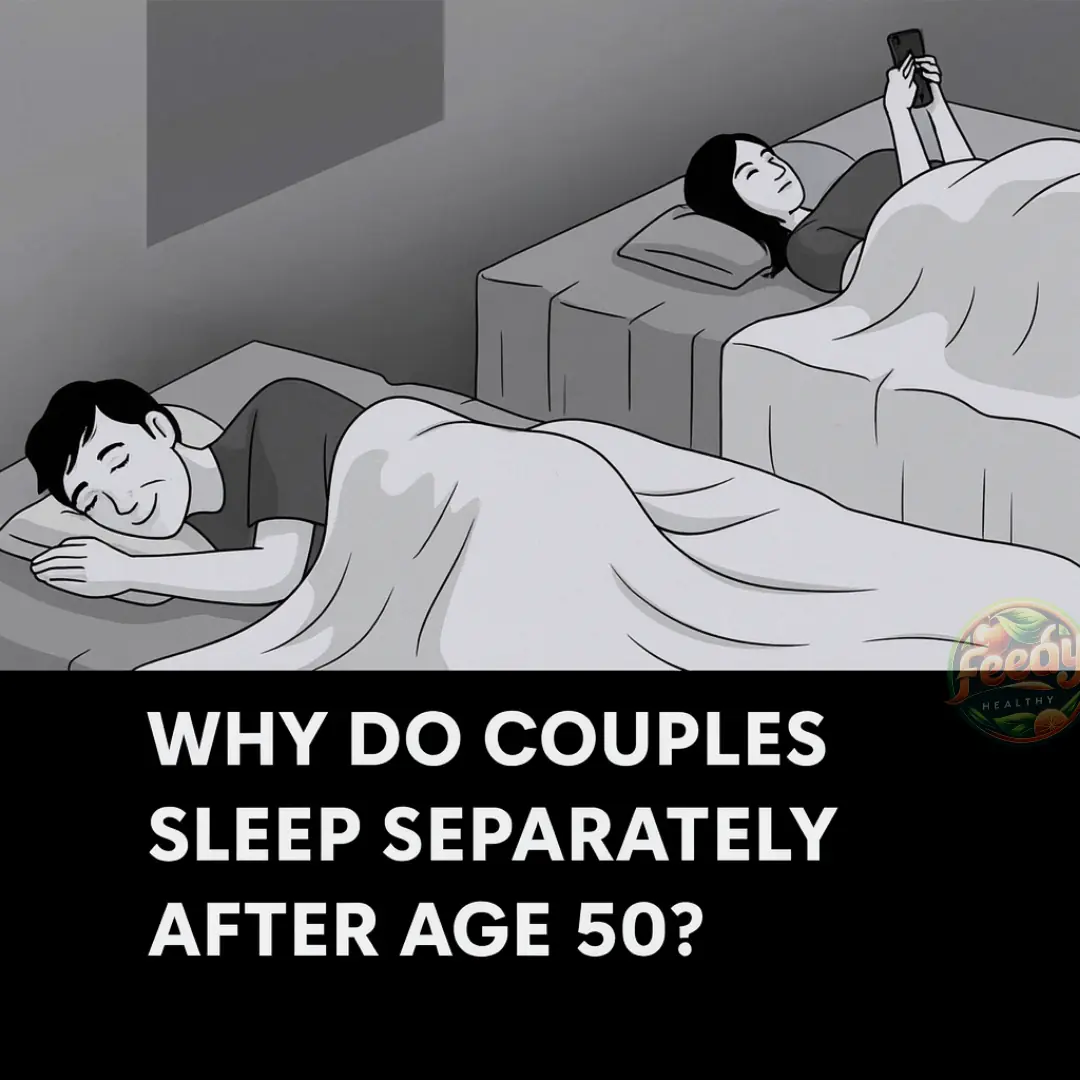
Why Do Couples Start Sleeping Separately After Age 50?
